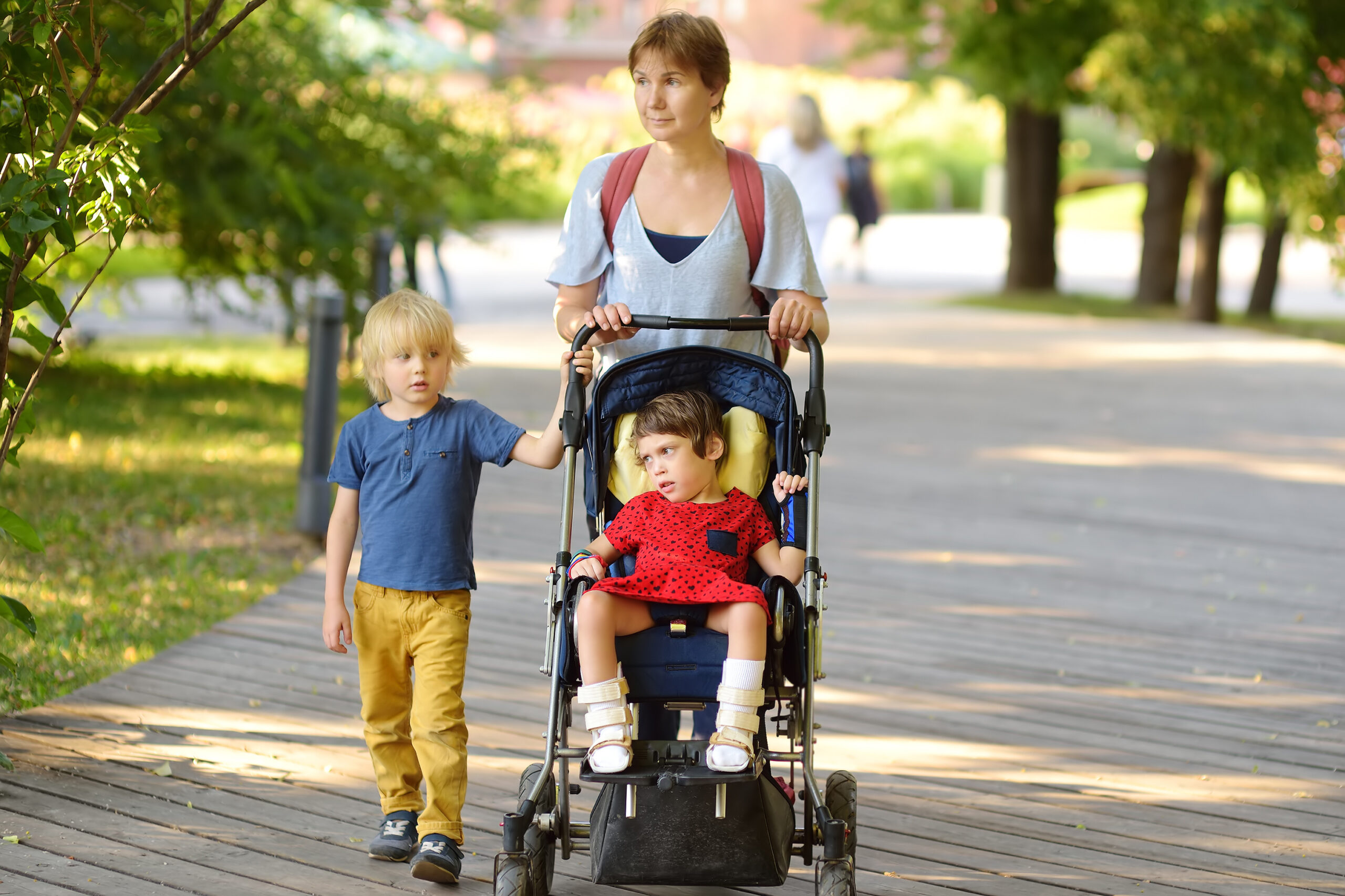Parents of adult children look forward to celebrating many milestones – graduations, new jobs, first home purchases and possibly marriage and grandchildren. As all grown people understand, life doesn’t often work out according to our plans, and when children are born with or develop a disability, parents and grandparents are called upon to adapt and be resilient while sharing love and support. There are also feelings of grief and loss to manage, and roles that may require redefining.
A review of research on the experiences of grandparents of children with physical, intellectual, or neurodevelopmental disabilities reveals four major themes: adapting to the disability, redefining the roles of grandparents, perceptions, and the lived experiences of grandparents. In the 31 studies used for the review, participants were between the ages of 30 and 80, and more than 80 percent were grandmothers.
When an infant or young child is diagnosed with a disability, grandparents may experience denial, sadness, frustration or anger, and worry. Expectations of joy and excitement at the opportunity to spoil their grandchild, share values, and impart wisdom and love can be shattered when worry and fear take over. A diagnosis of disability can lead to concerns over the development and well-being of the grandchild, and also worry for the physical, psychological and financial well-being of the parent(s).
Most grandparents find that they are able to adapt, given time after the initial shock subsides, and can provide support to their adult children. Grandparents who are in good health, live close by and have developed a good understanding of the grandchild’s disability and needs can be a tremendous support for their adult child. But some grandparents find it difficult to cope with their feelings of grief or loss and may have strained relationships with their grandchild’s parent.
When a child has a disability, grandparents may be able to adapt and redefine their roles to include emotional and financial help as well as providing traditional love, practical experience and childcare. They may also be in a position to assist with transportation, household chores, meal preparation, medication management or some form of therapy. Once they accept the disability, many grandparents are able to feel a great affection and love for their grandchild and reap the rewards of a close relationship, despite the challenges. A positive perception and plenty of resources can help grandparents learn more about their grandchild’s disability, how to provide support and ways to take care of their own physical and emotional needs.
Learn more about resources for families of children with disabilities by following this link to the Family Resource Center on Disabilities website.






Add Your Voice
0 Comments
Join the Discussion